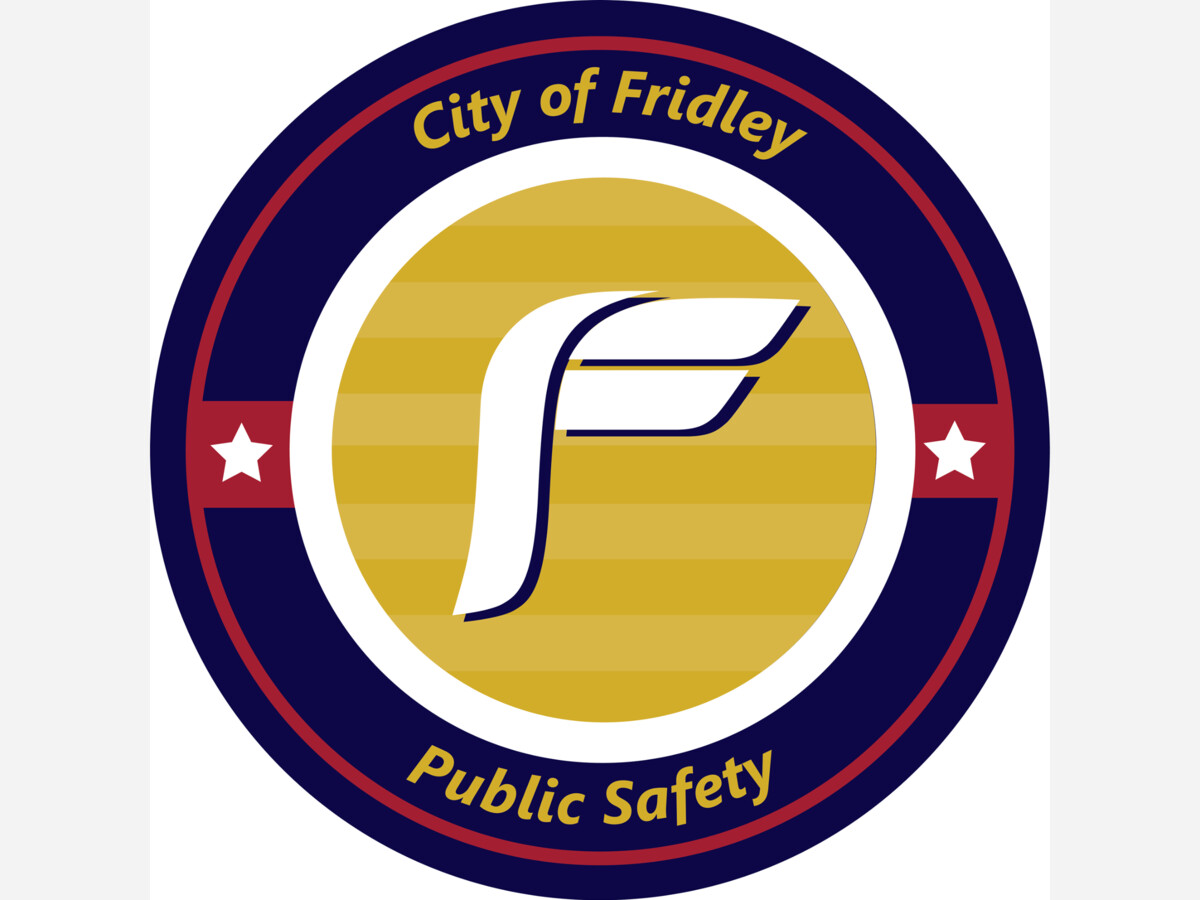Image


The Fridley Police Department is testing a new strategy to deter and solve crime—by placing automated license plate readers (ALPRs) in locations the city has never used before. Instead of mounting them on squad cars or public roadways, Fridley is partnering directly with local businesses to install the readers on private property, such as apartment complexes and parking lots.
City officials say the approach—believed to be the first of its kind in Fridley—targets crimes common in the area, including retail theft, stolen vehicles, and other property-related offenses.
Five local businesses—Axle Apartments, Callisto Apartments, Friendly Chevrolet, River Road East Apartments, and Springbrook Apartments—are participating in the initial rollout. Each has received a city grant of up to $3,000 for the first year to cover the purchase and installation of the ALPR units, with partial financial support continuing into year two.
The cameras, supplied by Flock Safety, capture license plate numbers and contextual vehicle images. If a plate matches a vehicle connected to a stolen car report, a wanted person, or another crime, officers are notified in real time, enabling faster police response. Fridley Police Chief Ryan George described the system as both a deterrent and an investigative tool.
Long-time resident Todd Fitzhenry, who lives near one of the new installations, said he has already noticed fewer suspicious vehicles lingering in his area.
Fridley officials stress that the technology tracks vehicles, not individuals. The ALPRs do not use facial recognition and only capture plate data alongside a general vehicle image. All collected information is stored securely, with access limited to authorized police personnel and subject to audits. Data is retained only for a set period in compliance with Minnesota state statutes, and the program undergoes biennial reviews to ensure proper use.
Still, civil liberties advocates, including the ACLU, warn that widespread ALPR adoption can raise privacy concerns, particularly if data is aggregated over time to reveal patterns of movement.
Automated license plate readers are an increasingly common law enforcement tool nationwide, used to recover stolen vehicles, locate missing persons, and gather evidence. While other Minnesota cities, like Brooklyn Park and Moorhead, have installed ALPRs on public poles and patrol cars, Fridley’s experiment with private property deployment stands out as an innovative public-private safety partnership.
Whether this pilot program will expand beyond the initial business partners depends on results in the coming months. For now, city leaders are watching closely to see if this new model can enhance community safety without compromising residents’ privacy.